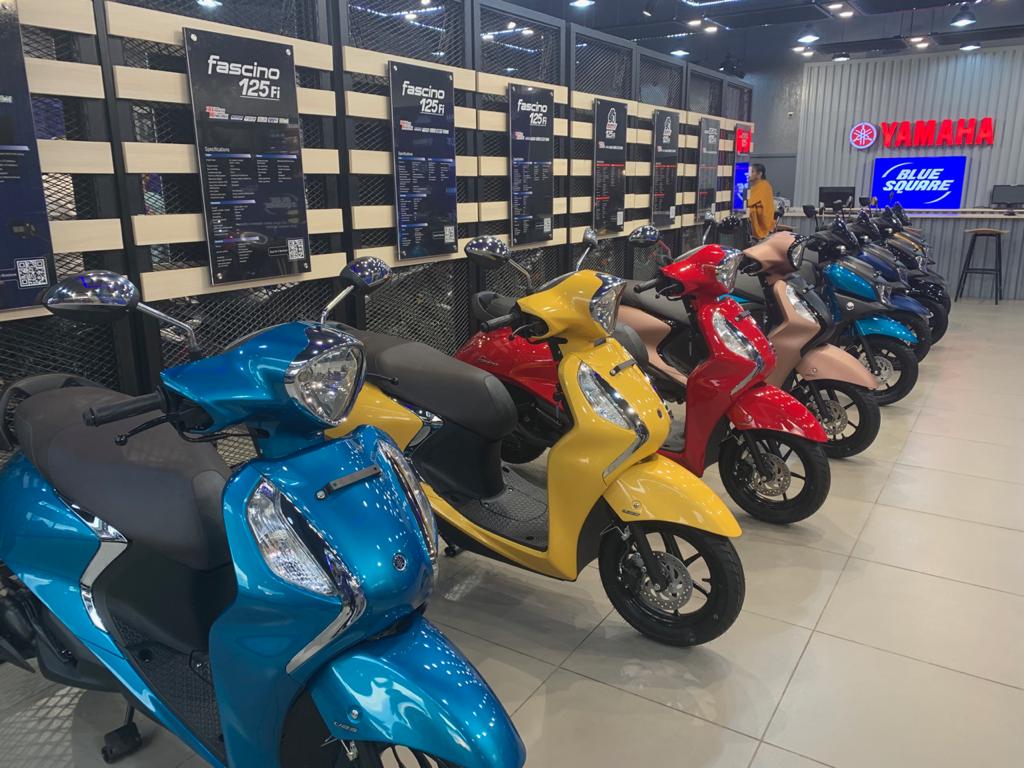BS4 sale extension date has been given by the Supreme Court of India, however, it comes with its own set of conditions…
After turning everyone down multiple times, the Supreme Court of India has heard pleas from the Federation of Automobile Dealers Associations (FADA) and other stakeholders today. In its judgement, the top court of the country has allowed an extension in the last date of sale which was earlier announced to be 31st March 2020. However, there are a few conditions. Let us quickly list them down..
BS4 Sale Extension Date – Pointers
- Makers can sell their BS4 vehicles till 10 days after the lockdown period.
- There are no dates given which means that even if the lockdown period is extended, makers will still have time to liquidate their stock.
- As per the current timelines, the lockdown is till 14th April 2020 which means that makers and dealers will have time till 24th April 2020 to sell their stock.
- However, the SC has also announced that makers can sell only 10 percent of their BS4 stock during this period. This guideline is not clear at this point. But what is certain is that they can not exhaust their complete stock in the extended timelines.
- Delhi and the National Capital Region (NCR) will not come under this purview which means that last date for sale and registration of BS4 vehicles in this area will remain 31st March 2020.

FADA, SIAM and few companies individually had approached Supreme Court requesting for an extension in the last date of BS4. They said that due to the current unforeseen circumstances because of the Coronavirus pandemic, dealerships are shut and they can not liquidate the stock within the timelines stipulated earlier. They had demanded time till upto 31st May 2020, obviously without any conditions.
Massive Drop: Makers May Shed Half of Their Sales in March: Report
And then Bajaj chipped in vociferously opposing an extension as he cited that any relaxation will be a penalty on makers which abided by the ruling and it will also hurt them in the BS6 era considering that their equivalent products will be costlier since they will adhere to the stringent emission norms (more details).


